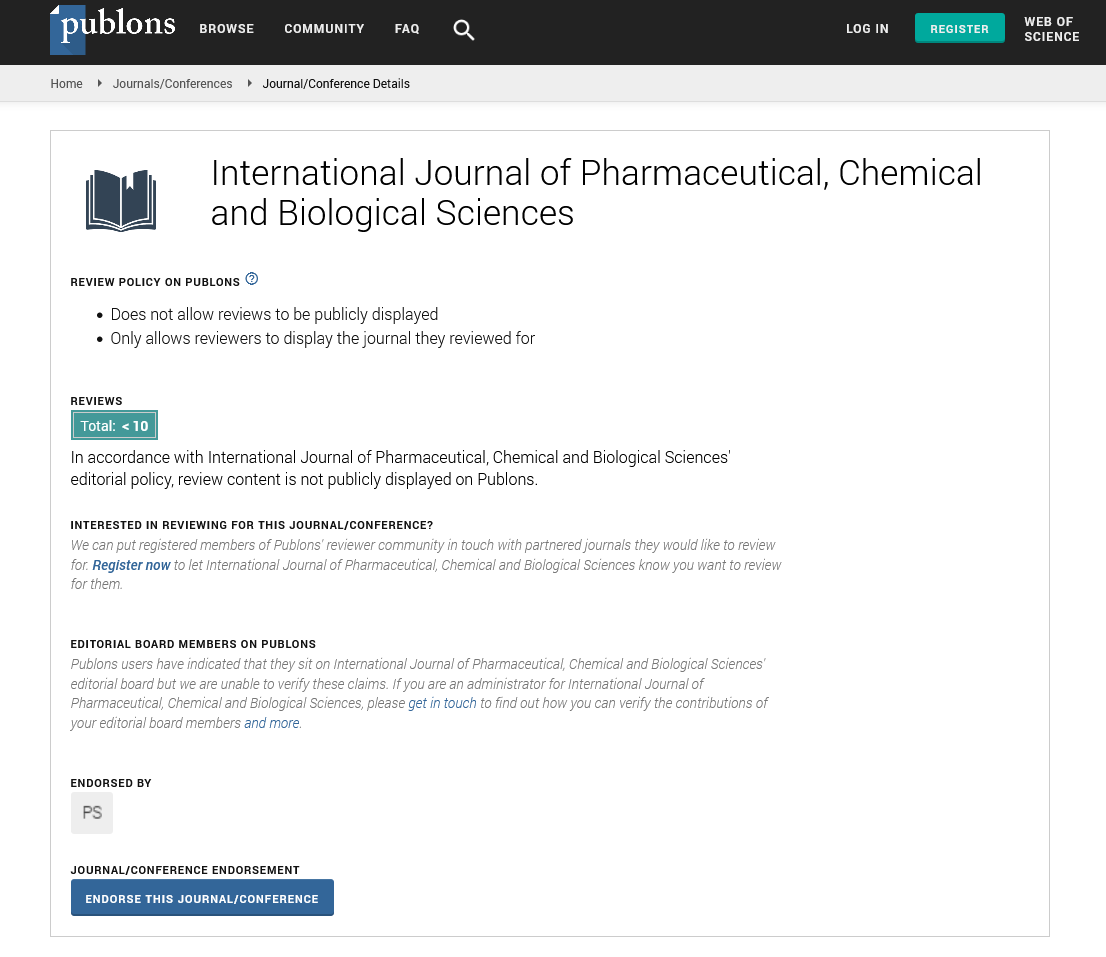Abstract
Author(s): V. Pavlova, B. Alexieva, I. Sainova, TZ. Markova, E. Nikolova, S. Kuzmanova, M. Krachanova and P. Denev
Doxorubicin (DOX) is one of the most effectiveand commonly used antitumor drugswith high antineoplastic activity to a broad spectrum of cancers.The therapeutic value of DOX, however, is limited by its dose dependent cardiotoxicity. The free radical-induced cardiac oxidative stress and reactive oxygen species –caused damage is considered as one of the underlying mechanisms of DOX-induced cardiotoxicity.Aronia melanocarpa (Black chokeberry) fruits are rich sources of phenolic substances with one of the most potent antioxidant activities among plant species. Aronia melanocarpa polyphenols promotethe restoration of the main intracellular antioxidant glutathione (GSH) in the state of oxidative stress, which is crucial for counteracting the free radical-induced intracellular injury.The aim of our study was to investigate the possible protective effect of Aronia Melanocarpa fruit juice (AMFJ) against DOX-induced cardiotoxicity and oxidative stress in an in vivo mouse model. The administration of DOX (20 mg/kg i. p.) to Balb/c experimental mice caused significant decrease of tissue glutathione level in heart samples, as well as marked ultrastructural changes with different degree of damage of cardiomyocytes, examined by electrone microscope. These biochemical and histological alterations wereeffectively attenuated on pretreatment with AMFJ. We concluded that AMFJ had ameliorating effect on DOX-induced cardiotoxicity and the mechanism of this cytoprotective action is related to the enhancement of GSH antioxidant pool and reduction of cellular oxidative stress induced by DOX treatment.

